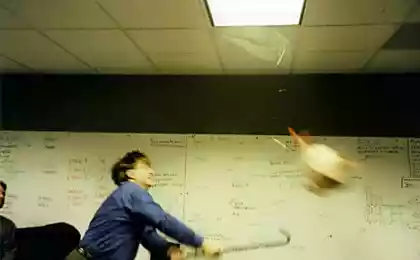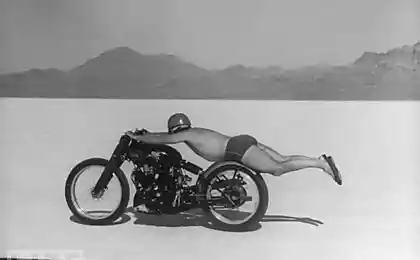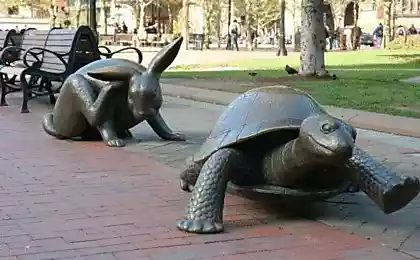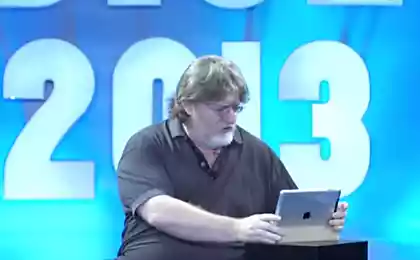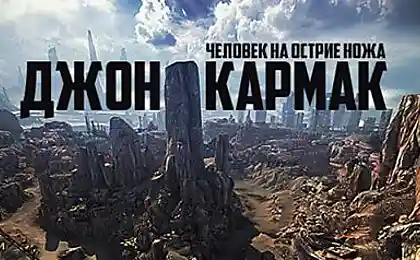505
To slow down, log out and start living— 5 examples of slow and responsible life

Slow Life — a way of life, which implies a responsible attitude to everyday life.
Canadian journalist and author Carl honoré in 2004 he released a book called "in Praise of slowness" (In Praise of Slowness), which quickly became a bestseller and was translated into more than 30 languages. "We turn your life into an endless rush instead of really to live, — said Honore. — Live fast, instead of live well. Sometimes in order to understand this, you need a "Wake-up call". For many this "call" becomes a disease, exhaustion, physical and mental strength, when our body says, "I can't do this anymore". Or relationships are destroyed because we lack time, patience or calmness in order to spend time with other people and listen to them."
"We are all connected, and if a person decides to change lifestyle, making it slower, you need to take into account how it will affect other people. Need to warn my friends and colleagues, explaining why you are going to do less, more often to turn off their electronic devices and request more time to complete work assignments. At first I was afraid that Slow Life alienate me from people, and some of them are first truly treated my decision with skepticism. But very soon the surrounding started to understand why I can't answer them at any time and not agree on all sentences in a row. I soon found that the people, seeing how I began to live, began to make the same changes in your routine life."
Slow Food: the responsible power
The movement advocates a slow and thoughtful cooking and eating Slow Food, which later became a non-profit public organization created in 1989 and gave life to the modern "slowlife". Today, Slow Food has offices in different countries, the Fund for the protection of agricultural biodiversity and gastronomic traditions, the publisher, the University of gastronomic Sciences and a community of food producers, retailers, chefs and scientists called Terra Madre, which holds annual meetings.
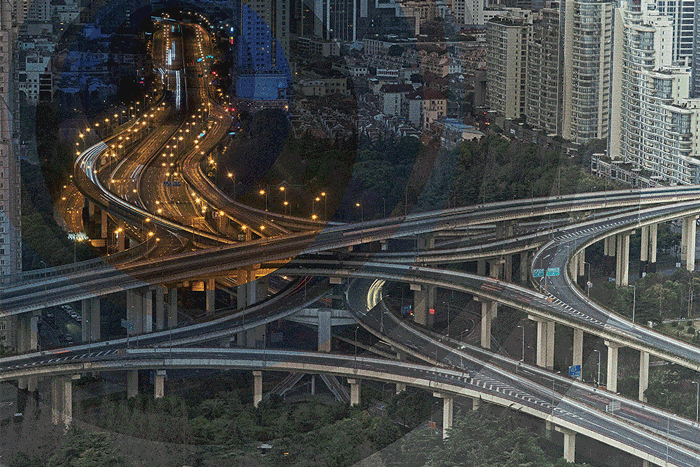
The philosophy of Slow Food is not only a gastronomic hedonism. The organization promotes the idea of responsible food choice organic produce and support local production, especially farmers.
The basic rules of a supporter of Slow Food are: 1) Buy products. Cook them. Eat. 2) avoid food that has already been processed, and products with complex composition. Eat real food. 3) Grow something themselves. Even if it grows at you on the windowsill. 4) if possible, try to find out where and in what conditions are the food you buy. 5) Buy local and seasonal produce.
To strengthen their role in civil society and strengthen cooperation with EU authorities in the field of agricultural and industrial policies in 2013, Slow Food opened an office in Brussels. On the territory of the European Union, the organization regularly organizes events, promotes sustainable fisheries and working farms. However, in the Baltic countries, whose agriculture and food industry highly postradali for EU action in recent years, Slow Food somehow does not conduct activities.
Daniel Kahneman: slow thinking American psychologist and sociologist, Nobel laureate Daniel Kahneman sure that a person has two systems of thinking: "slow" and "fast". He talks about them in his book "Think slowly... decide quickly" (Thinking, Fast and Slow). According to the scientist, the "slow" system is the thinking in the narrow sense of the word: the deliberate and conscious formation of ideas. We use slow-thinking, for example, when we solve equations, analyze scientific texts, decisions about where to go on vacation or what we cook for dinner.

The "fast" system, by contrast, is responsible for the immediate knowledge of the world, cataloging the instinctive feeling and natural needs, adding new data to past experience and the stability of the perceived world, its continuity in time and space in the field of causality. At the same time, the system slow thinking consumes a lot of energy, her work is exhausting and that whenever possible consciousness seeks to switch to a less energy-intensive "quick" system. The result of such changes we may, for example, to buy in the supermarket more than I intended only because I was hungry. The book of Daniel Kahneman allows you to understand why we make such irrational deeds and learn to find mistakes of decisions, judgments and choices. It seems, in the end, all again rests in the fact that we're moving too fast, not giving yourself a chance to really think.
Long Now Foundation: long-term way of thinking
Non-profit organization the Long Now Foundation was founded in 1996 in San Francisco. The focus of her attention — a long-term responsibility to the generations who will live on Earth in 10,000 years, and the ideology of slow and quality of life in opposition to the dominant ideology of living fast and cheap. The number 10 000 is for Long Now Foundarion significant, and the project even made to write "1996" or "2014", "01996" and "02014".
"Our civilization runs itself into a pathologically short-term planning, says one of the founders of the Long Now Foundation, an American writer Steward Brand. The reasons for this accelerated development of technology, short-term criteria for the development of market economy, the focus on electoral cycles of politicians, a crazy habit every day to solve several problems... And these trends are steadily increasing. To correct the universal myopic behavior requires a mechanism, an idea, a myth that encourages long-term thinking, planning, responsibility — at least on the scale of centuries."
To make the earth "tomorrow" is a bit lighter — not to mention a little more possible — Long Now Foundation annually conducts training seminars long-term thinking and oversees several projects. The most significant among them is the project "Rosetta", in which experts from all over the world, create the world language archive. This will keep all the languages of mankind (over 1500), including endangered and extinct, in the future if you need to restore them.
Today the archive "Rosetta" exists in multiple media: in the form of giant books, online libraries and the so-called Rosetta disk — a small ball of Nickel alloy, the surface of which is engraved with the text. The disk diameter is only 7.6 cm, but fits on it more than 14,000 pages of information about the origin, geographic distribution, grammar, phonetics, vocabulary and writing system of each of the 1,500 languages, as well as the texts on them. To read all it can under a microscope at 650 times magnification. The drive allows you to store data from 2000 to 12 000 years.
Fleur Mcgerr: vintage slowness British writer, event Manager, model and fashion blogger Fleur Mcgerr advocate slow lifestyle in vintage style. She wears dresses below the knee, regularly goes to the salon to get my hair done, preparing Lunches and dinners, spending time with friends over tea and manicure and adheres to the traditions of the past in everyday communication and lifestyle. "I like the way he treated the body of our grandmother, says one of her friends Fleur, Lisa, who also enjoys vintage slow life. They were unknown to the cult of thinness, they were able to appreciate their form. And the clothes worn by the modern woman, adjusted to a nonexistent standard."
However, Fleur managed to successfully integrate it into your daily life quite modern things: running, yoga, Cycling and dancing. The ideology of Macher is not a classic Slow Life in its pure form, but rather a story on how a wrapper can wrap a slow life. The blog writer you can find a lot of useful advice on buying vintage shoes, the choice of locations for photo shoots, walking or carrying out stylized events. In addition, Fleur is a great example of how to earn and not lose money because of their desire for slowness in a world where everyone is in a hurry.
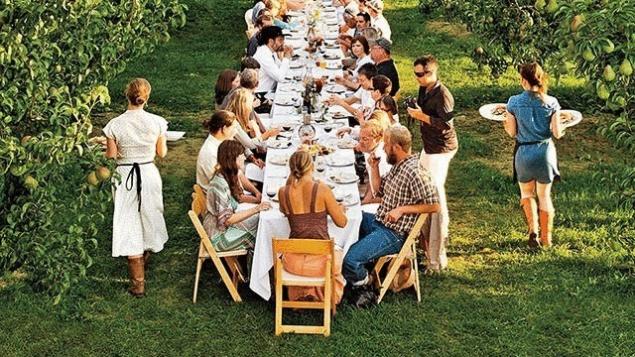
source
Source: /users/87
